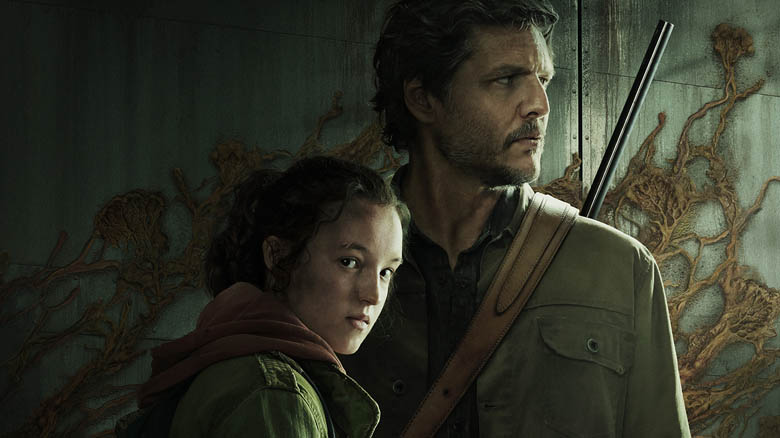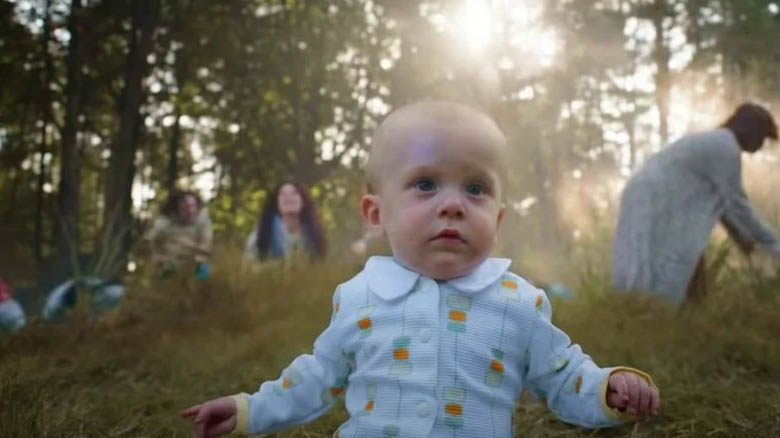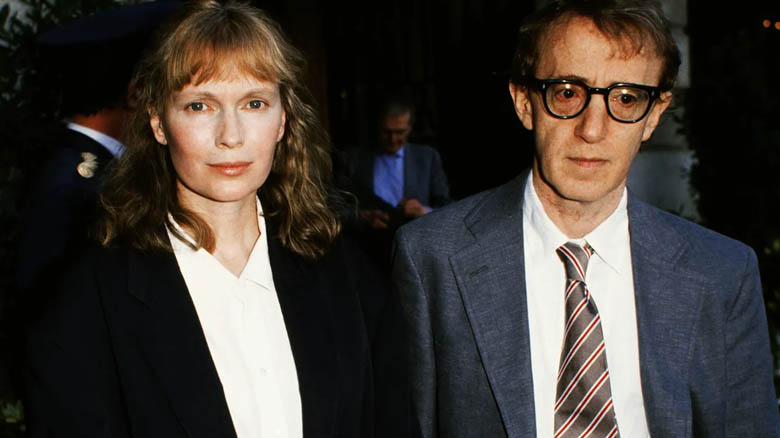1977Views 0Comments


HBO’s ‘The Last of Us’ Is an Astounding Survival Story — and a Major Moment in TV


Whether you’re sifting through advance reviews or reading this only after all nine episodes have aired, by now, dear reader, you’ve surely heard a number of superlatives tied to HBO’s “The Last of Us.” Someone is bound to have labeled it the “best video game adaptation ever made,” especially after the aptly snooty New Yorker story that preceded the program’s release. Another critic or influencer or what not has likely ranked it among the “best zombie shows,” or at least a timely successor to “The Walking Dead,” which just ended a few months ago. Still a different writer taking a broader view on “The Last of Us” may have called it the “best distillation of pandemic-era living,” if they hadn’t already bestowed the honorific on “Station Eleven.”
HBO Max Watch Guide | The Last of Us
To be clear, I wouldn’t dispute any of these claims at face value. The new drama is better than every video game adaptation that comes to mind (sorry “Resident Evil”), and it is a top-tier, often terrifying zombie adventure (sorry again “Resident Evil”). It’s also attuned to the present, outlining and exploring fears related to life with COVID-19 in ways unmistakable to anyone who’s been conscious the last few years. But to relegate “The Last of Us” to any predetermined genre, any preset box, or any fixed period of time is to do a disservice to the weighty and widely applicable themes wrestled with throughout. Neil Druckmann and Craig Mazin’s series, faithfully adapted from the former’s acclaimed video game, is about survival, humanity, and life’s meaning in the fullest possible terms. That it can hone its sweeping statements into riveting personal stories only makes its impact more palpable and the viewing experience more poignant.
…and challenging. “The Last of Us” is bound to put off a sizable portion of viewers, simply because the questions it poses are difficult and the answers given are honest. Seeing its reception will tell us a lot about where audiences stand in 2023, since entertainment of this gravity isn’t often embraced by as many people as the scale of this production demands. (The first season reportedly cost around $100 million.) But it also deserves to be heard, seen, and held onto, just as it deserves any laurels coming its way. “The Last of Us” isn’t about how to survive, but why we survive — each of us and all of us — and how it evolves that conversation makes any accompanying anguish worth enduring.


